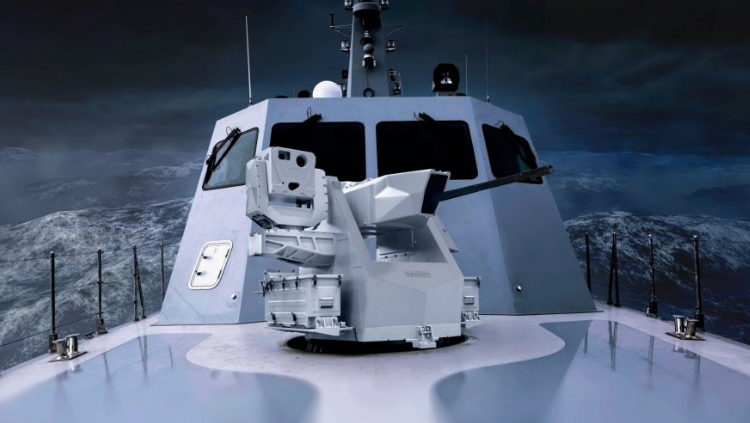Nordic Monitor
Turkey’s leading defense industry contractors are increasing sales to the Gulf countries despite a political crisis between some regional countries and Turkey. Last week, state-run defense and technology company Aselsan, owned by the Turkish Armed Forces Foundation (TAFF), signed a new sales contract for the supply of Remote Controlled Weapon Systems (RCWS) for naval use in Bahrain.
The Turkish defense industry sector aims to expand its presence in the Gulf while tensions between the Turkish government and some Gulf states remain high. According to a statement released by the company, Aselsan plans to make further investments and step up activities with Gulf Cooperation Council (GCC) member states in general and Bahrain in particular.
Similarly, another Turkish defense contractor, Havelsan, a TAFF affiliate, also established a joint venture, Havelsan Technology Oman LLC, in March to increase Turkey’s defense industry exports to Oman and other countries in the Middle East.
Aselsan is set to is set to export the RCWS to the Gulf state of Bahrain, its statement indicated. The RCWS is primarily designed for use on naval platforms and armored 4×4 and patrol vehicles as well as for stationary use to serve for the defense of strategic assets according to tactical requirements. They are integrated into more than a thousand naval and ground platforms.
Aselsan, which is controlled by the Turkish government, is the largest defense company in Turkey and is among the top 100 defense contractors globally. The company has a wide range of products including communication and information technologies, radar and electronic warfare, electro-optics, avionics, unmanned systems, land, naval and weapon systems, air defense and missile systems, command and control systems, transportation, security, traffic, automation and medical systems.
“Aside from the latest sale of the remote-controlled weapon system to the Gulf, Aselsan, present in the market for more than a decade, has provided countries with technological solutions through direct sales, transfer of technology programs, local production, and joint venture companies,” the statement underlined.

Turkish ties with most of the Gulf monarchies have suffered because of President Recep Tayyip Erdoğan’s support for the Muslim Brotherhood and the Turkish government’s efforts to undermine the anti-Qatar bloc led by Saudi Arabia and Egypt and joined by GCC members the United Arab Emirates and Bahrain. Accordingly, Turkey’s economic relations with the GCC countries have weakened since the crisis.
Egypt and some of the GCC states severed diplomatic ties with Qatar and took a number of punitive measures against the emirate, including imposing a total blockade, in June 2017. They accused Qatar of supporting the Muslim Brotherhood along with several other militant Islamist groups in the region. Turkey then came to the aid of Qatar, transporting goods there that had been disrupted by the Saudi-imposed sanctions. Moreover, Turkey increased its military cooperation with Qatar by adding to the number of troops it maintains in the country.
Turkey’s military interference in Libya has also sparked outrage in countries across the Gulf region.

TAFF was founded in 1987 to “enhance the combat strength of the Turkish Armed Forces” and has played a leading role in the establishment and development of the defense industry. It directly and indirectly controls major companies such as Aselsan (electronics), Isbir (generators and alternators), Aspilsan (battery pack products), Havelsan (informatics), Roketsan (rockets and missiles) and TAI (aerospace and satellites). In 2018 it earned 43 percent of the Turkish defense industry’s total revenue, while it was responsible for 41 percent of defense exports.
On December 24, 2017 President Erdoğan issued a decree placing the military ruled “foundation” under his control. Today, the TAFF board of trustees, as the main decision-making organ of the foundation, is chaired by Erdoğan.












